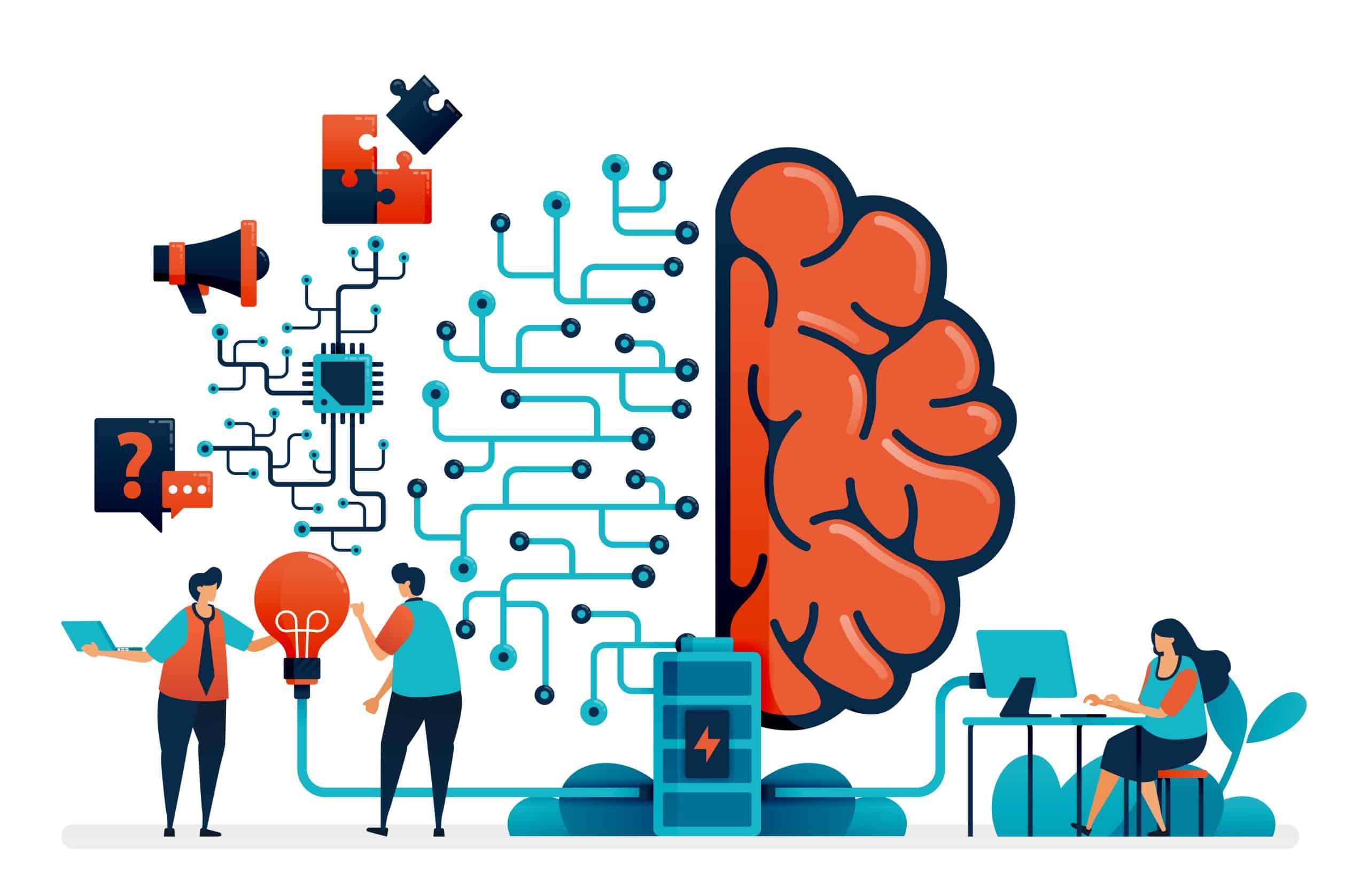- 🔍 AI-driven data analytics can process massive data in real-time, unveiling hidden patterns and trends that are often missed by traditional methods.
- 📊 These analytics optimize marketing strategies by providing real-time insights, allowing for immediate adjustments for increased impact and efficiency.
- 🤝 Enhancing customer experience through detailed data analysis enables personalized marketing, leading to higher engagement and satisfaction.
- 💹 AI improves ROI by efficiently allocating resources, identifying underperforming campaigns, and highlighting cost-saving opportunities.
- 🚀 Successful implementation of AI analytics requires alignment on goals, investing in user-friendly technology, and building data literacy within teams.
In the rapidly evolving world of digital marketing, staying ahead of the curve is crucial for businesses striving to maximize their reach and ROI. Enter AI-driven data analytics—a powerhouse mechanism poised to transform the way marketing strategies are conceived and executed. From uncovering hidden data patterns to enhancing customer experience, AI’s impact on digital marketing is both profound and multifaceted. Let’s delve into how businesses can harness the power of AI to drive marketing success.
The Power of Real-Time Data Processing
One of AI-driven analytics’ standout features is its ability to process and analyze massive volumes of data in real-time. Traditional data analysis methods often struggle with the sheer quantity of information available. AI, however, thrives in such environments, continually sifting through data to uncover hidden patterns and trends.
Why This Matters:
- Efficiency: AI identifies relevant trends quickly, allowing businesses to act faster than competitors.
- Insightful Decisions: Patterns that might slip past human analysts are highlighted, enabling more informed decision-making.
Optimizing Marketing Strategies
Successful digital marketing requires strategies that are as agile and adaptable as the landscape itself. AI-driven data analytics empowers marketers with real-time insights, facilitating on-the-fly adjustments that can dramatically boost campaign effectiveness.
Key Strategies Include:
- A/B Testing Enhancements: AI accelerates traditional A/B testing methods by analyzing multiple ad variations in real time to determine which elements perform best.
- Dynamic Content Personalization: With AI, companies can tailor marketing content to individual consumer segments instantly, enhancing relevance and engagement.
Enhancing Customer Experience
In today’s consumer-centric market, exceptional customer experience is paramount. AI-driven analytics enables businesses to deliver personalized marketing experiences by constructing comprehensive customer profiles through the analysis of browsing history, past purchases, and social interactions.
Benefits:
- Personalization: Tailored experiences increase customer satisfaction and loyalty.
- Predictive Insights: Anticipating customer needs and preferences enhances engagement and conversion rates.
Maximizing ROI with AI
Driving a strong return on investment is a core goal for any marketing campaign. AI helps businesses achieve this by providing critical insights into channel performance, allowing for efficient resource allocation and budget optimization.
Strategies for Improvement:
- Resource Reallocation: AI identifies underperforming campaigns, allowing companies to redirect resources to more effective ones.
- Cost-Saving Opportunities: Discovering low-cost channels with high engagement potential can boost overall ROI.
Implementing AI-Driven Data Analytics
For businesses ready to embrace AI-driven data analytics, successful implementation involves several critical steps.
Preparation Tips:
- Goal Alignment: Clearly define goals and success metrics to avoid data overload and focus on impactful insights.
- Technology Investment: Choose user-friendly platforms that facilitate team adoption and minimize the learning curve.
- Fostering Data Literacy: Ongoing training should be established to build the team’s capacity to make data-backed decisions.
Conclusion
As AI technology continues to advance, its role in shaping digital marketing strategies will only grow more pronounced. By leveraging AI-driven data analytics, businesses can unlock new opportunities for efficiency, personalization, and ultimately, improved ROI. With strategic implementation, marketers can position themselves at the forefront of industry innovation, ensuring sustainable growth in an ever-competitive landscape.







